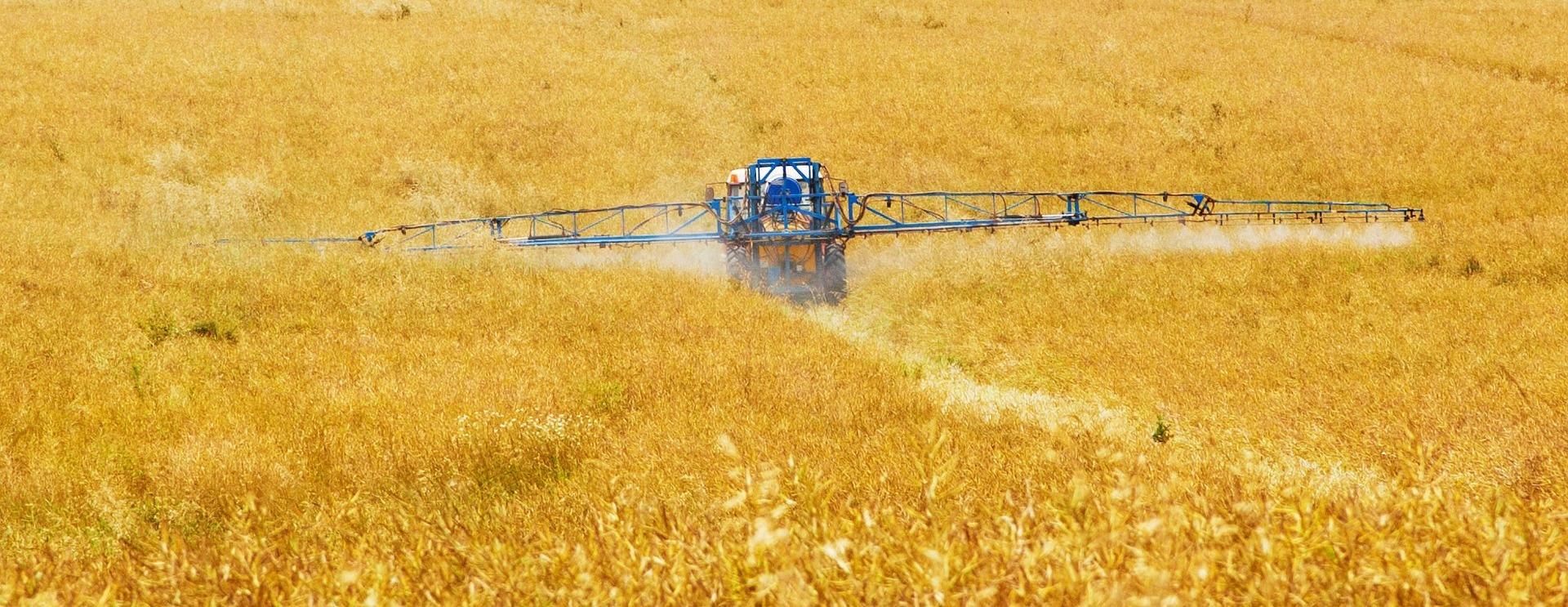
Head of AgroKhimProm Group: pesticide law will reduce market-damaging dumping
At the end of June, Russia signed a breakthrough law for the market of agrochemicals and pesticides: since 2011, the country stopped monitoring the turnover of products, which led to the flooding of the market with counterfeit products from foreign countries. The share of counterfeit products was 30%, which led not only to the mass death of bees, but also became a direct threat to human health.
Under the new law, Rosselkhoznadzor was empowered as a supervisory body. Now the agency will control the importation of drugs across the border and monitor compliance with the rules for their production, sale, storage, use, as well as their deactivation, disposal and burial.
The editors of the Made in Russia project talked to Alexander Tainov, head of the AgroKhimProm Group of companies, one of the leading crop protection products manufacturers in Russia and the CIS countries, about the impact of the new law on the market.
- To what extent such a measure, in your opinion, as a market player, was necessary and why?
- In my opinion, the need for such a decision has been long overdue - in recent years, the situation on the crop protection products and agrochemicals market has been deteriorating rapidly.
Weakening of control over the import and turnover of domestic crop protection products has led to the fact that the market began to infiltrate more counterfeit and products of dubious quality. As a result of this "freedom" in the market farmers began to complain more often that certain products they buy do not work as they should.
And think about the mass death of bees - every year many regions face this problem, which is caused by a variety of reasons. Including the abuse of agrochemicals, which do not meet all necessary safety requirements. If the situation is not addressed, the consequences can be enormous, both for the environment and for human health. Therefore, we fully support the measures taken.
- Will the innovation have an impact on your company's activities?
- In our work we adhere to high quality standards of our products, and this applies both to innovative products manufactured at our own production facilities in the Orenburg region, and to traditional pesticides, which the company produces in China on a contract basis.
Our specialists thoroughly study the partners and suppliers with whom we cooperate; raw materials and finished products are checked for compliance with the necessary requirements. When products come in from China, we always check that the declared active ingredient concentrations are in line with the actual product.
Thanks to this policy our partners know that they can always rely on AgroChemProm products. So, answering your question, I can say for sure that this innovation will not affect our work in any way.
- But will it affect the industry market as a whole? If so, how?
- If we talk about the market as a whole, in my opinion, this will improve the safety and quality of the agricultural industry, as well as reduce dumping, which is destructive to healthy market relations. Our company has been operating in this market for over 20 years, and we know for a fact that there is a certain threshold below which truly high-quality and safe products cannot fall in price. But many farmers can't afford to be selective and enjoy the opportunity to buy the pesticides they need at such an attractive price, without thinking about their quality and consequences of use.
Some may argue that stricter control over agrochemicals will provoke a price hike. I fundamentally disagree with this: the price of quality products will not change, just stop dumping low-quality products for the sake of short-term profits at the expense of farmers and our health, ultimately.
Perhaps not all selling companies will be able to adapt to the situation, especially the smaller ones. This, in turn, will lead to business consolidation - small sellers and sub-distributors will not be able to withstand the competition. But that will keep the agricultural sector safe from unscrupulous and irresponsible sellers, leaving only reliable producers who value their reputations and the quality of drugs they sell in the market.
Ksenia Gustova interviewed